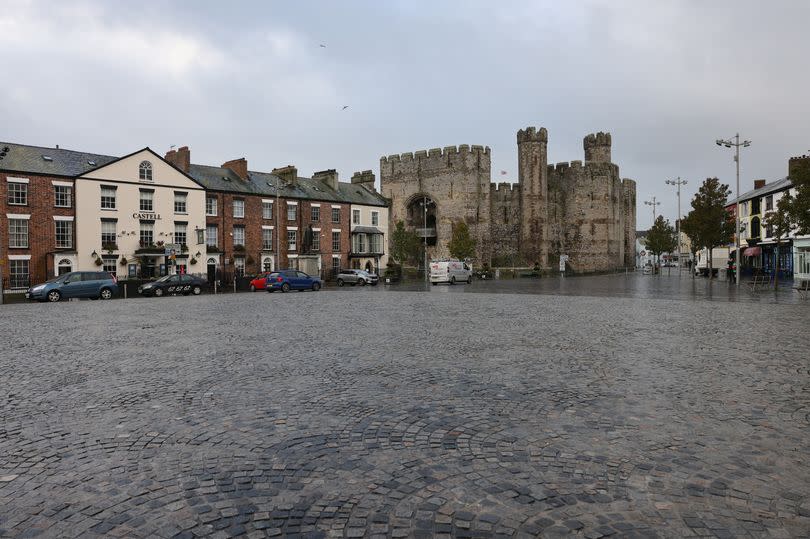UK energy bills to drop by more than £100 - but savings aren't set to last

Energy bills are poised to decrease by more than £100 for many households in the coming days. The energy price cap, regulated by Ofgem, is set to fall by 7% in July, potentially aiding millions of households grappling with their bills.
From July 1, the price cap will drop to £1,568 per year, a reduction of approximately £122 per year from the current cap of £1,690. The price cap determines the amount the typical household pays for energy, however, if your usage exceeds that of a typical household, you will pay more and vice versa.
This news will be greeted warmly by households as it marks the lowest bills have been in two years after prices soared to £4,059 in early 2023.
READ MORE: End use of 'silly and insulting' English names for quarry sites
READ NEXT: Huge shark filmed swimming into Anglesey harbour sparks awe and fear
How much is the price cap falling by?
The price cap is decreasing by roughly 7%, meaning that for the period between July 1 and September 30, 2024, the typical bill for a direct debit customer will be £1,568 per year. This is £122 lower than the cap running between April 1 and June 30, 2024 (£1,690), reports Wales Online.
The energy price cap applies to you if you pay for your electricity and gas by either:
standard credit (payment made when you get your electricity and gas bill)
direct debit
prepayment meter
economy 7 (E7) meter.
However, the actual amount you pay will depend on your household's energy consumption, your location, and the type of meter you have. It is a cap on how much you can be charged per unit of energy you use not a cap on how much you can be charged overall.
The price cap is calculated based on electricity and gas rates. For those on a standard variable tariff (default tariff) who pay for their electricity by direct debit, the average cost is 22.36p per kilowatt hour (kWh), with a daily standing charge of 60.12p.
This is an average across England, Scotland, and Wales, inclusive of VAT. Similarly, for gas users on a standard variable tariff (default tariff) paying by direct debit, the average cost is 5.48p per kilowatt hour (kWh). The daily standard charge is 31.41p.
Again, this is an average across England, Scotland, and Wales, inclusive of VAT.
Will bills keep falling?
Energy bills are not expected to keep falling. Cornwall Insight, a consultancy firm that predicts energy prices, anticipates that the October to December Ofgem energy price cap could be 12% higher than the July cap, equating to £1,762 a year for an average household with typical energy usage.
These predictions are based on wholesale prices, which are currently expected to remain at this level for the first three months of 2025, although this is too far into the future to predict with any certainty.
Should you fix your energy bills now?
Whether you should fix your bills or not largely depends on your individual circumstances. With an average increase of 2% predicted for bills in the upcoming year, it might be a good time to consider fixing, especially if you prefer certainty in your payments.
Most energy fixes bind you to a 12-month contract (early exit often incurs a fee), and given the unlikelihood of the price cap dropping significantly, you're unlikely to be stuck with a fixed rate that's higher than the cap.
Join the North Wales Live WhatsApp community group where you can get the latest stories delivered straight to your phone

 Yahoo News
Yahoo News 
